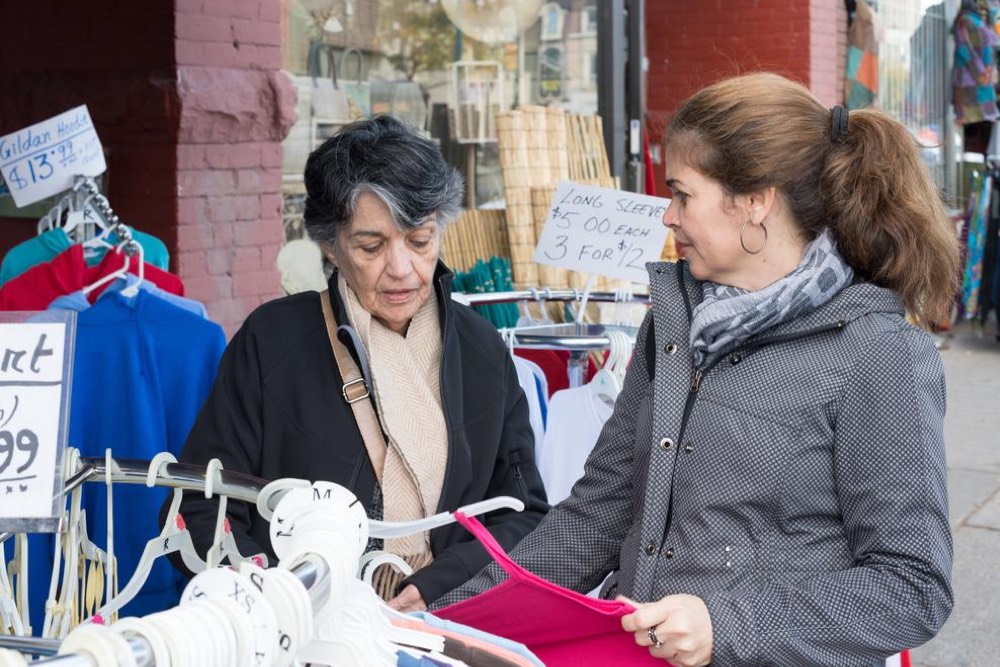A sneak peek into the application world
Nowadays, we tend to download whatever looks enticing to our eyes from the App Store or Play Store without verifying its authentication. The hackers have channelized this thought and they have thousands of fake apps that can jeopardize the user’s smartphone. Automatic scanning of binary code of mobile applications in App Store leads to the revelation of the huge amount of data and information to the hackers. In the end, the users are left with the security issue.

Most blocked apps
The analysts have found a huge list of the most blocked mobile applications that lead to security issues in a user’s smartphone. Few of the handpicked Android apps are mentioned,
● Star War
● Poot-debug (W100).APK
● Where’s My Droid
● AndroidSystemTheme
● Wild Crocodile
● Weather
● Ggz Version
● Device alive
● Chicken puzzle
● Boyfriend tracker
Nonetheless, during the analysis Appthority has been ranked lowest in case of possessing a cyber threat. Most of the apps scored 9 indicating the high-risk associated with it and most importantly, all of them had malware in them. Chicken puzzle and boyfriend tracker were primarily harmful due to the data breach issues.
Around 18 million downloads on App Store are proven to be affected by the vulnerability of security framework. Around 19 applications were confirmed to possess a high risk of encrypting sensitive data that included intercepting medical or financial service account credentials.
On iOS platform, the most blacklisted apps are,
● WeChat
● Plex
● Pokemon GO
● WhatsApp Messenger
● Facebook Messenger
● Device Alive
● Netease News
● WinZip Utilities
● eBay Kleinanzeigen
● CamScanner Productivity
Most of the apps on iOS committed the crime of sending texts without the permission of the users or encrypting the user’s sensitive data without his/her knowledge. Device Alive, Plex and Pokemon GO had the access of user’s contacts and camera without gaining any permission from the user. Moreover, they even further tracked user’s location.
Apps with low risk
The analysts have found a long list of all the apps that are vulnerable to security attacks; however, the scale of risk.
OS version, search queries and device model of VivaVideo might be the targets of interception.
The app, Epic!, encrypts keys that are vulnerable to interception. The negative effects from the user’s end are not likely to be found and the keys are seen to be related to DBMS.
For Uconnect Access, a range of vulnerability is spotted that included Pandora username/password, Slacker Radio password/username, and username. The API is verified to validate certificates; thereafter, it is not possible for the attackers to cause problems.
Other apps that are vulnerable to interception are Uploader Free for Snapchat, Volify, Safe Up for Snapchat, VICE News, Tencent Cloud, Trading 212 Forex and Stocks, InstaRepost, Cheetah Browser and Foscam IP Camera Viewer by OWLR for Foscam IP Cams.
Do not mention your location
Many of the apps nowadays wish to know your location even if the apps do not have to do anything of the user’s location. It is quite expected from the mapping apps to ask for your location but do not give away your location to the recipe or gaming apps. Because little did you know, this could be a trap for you.
These apps meddle with the information of your location and pass on to third-party apps or advertisers. in addition to this, the app developers share, save, sell and use the user’s location information for various unethical purposes.
Beware of ads
Advertisements have become threats as they are now called adware which also contains traits of malware. These ads can get detailed information of location and all the information of the device. When the coders perform a poor job in inserting the apps, the device ends up getting hacked. Vulna ad library acquired personal information that had the potential to attack Android devices.
The apps can get the access to exploring your address book and calendar and these are the things that they mainly search in one’s device. Limit your access to contacts and calendar and correct your privacy settings. There is no concrete way of dealing with the situation but one needs to be careful about the various settings and information in the smartphone.




